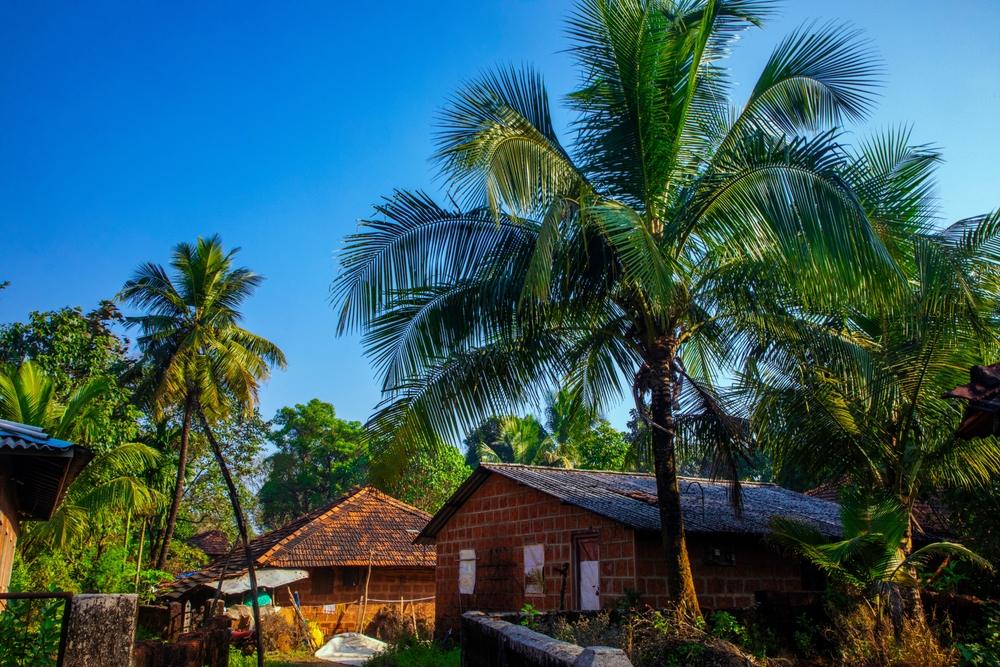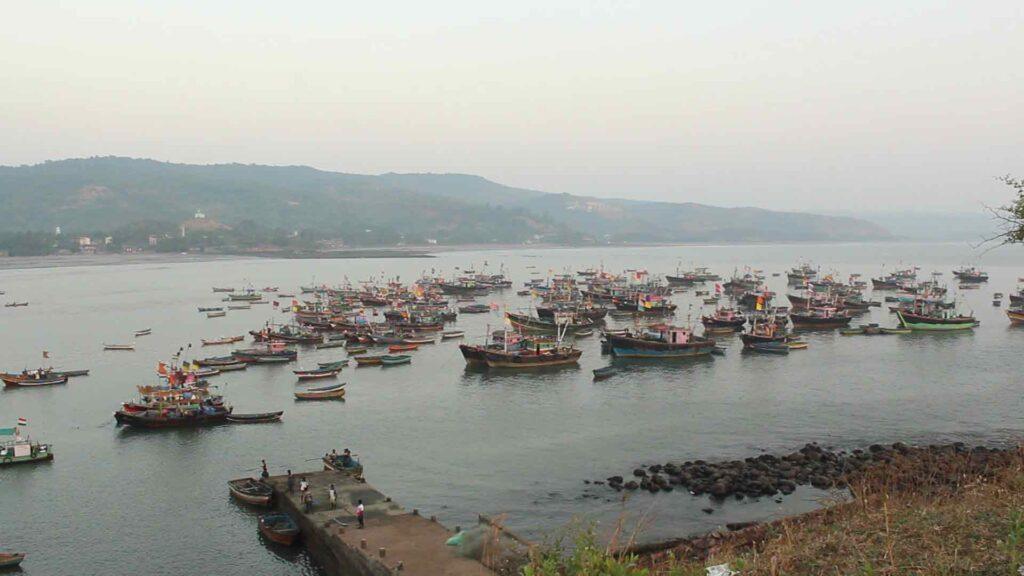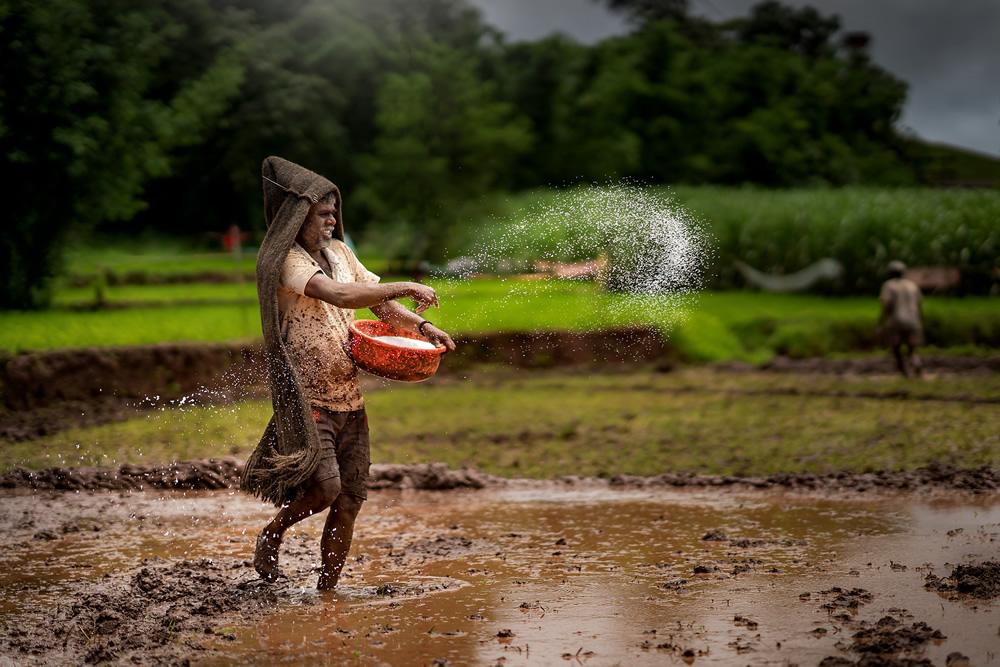Introduction: The Charm of Konkan
Stretching between the Western Ghats and the Arabian Sea, the Konkan region of Maharashtra is one of India’s most culturally rich and naturally diverse belts. Known for its Alphonso mango orchards, coconut groves, pristine beaches, traditional fishing villages, and Malvani cuisine, Konkan offers a lifestyle rooted in simplicity, community, and harmony with nature.
But Konkan is more than just a scenic travel destination. The occupations of its people — from small-scale farmers and orchard owners to artisanal fishers and emerging eco-tourism entrepreneurs — shape the region’s identity. In this blog, we’ll explore the lifestyle, occupations, festivals, food, and modern challenges that define the Konkan way of life.
Occupations in the Konkan Region
🌴 1. Agriculture & Horticulture
Agriculture is at the heart of Konkan’s economy. The region’s red laterite soil and heavy monsoon rains make it fertile for:
- Rice cultivation on terraced slopes.
- Alphonso mangoes (Hapus) — famous worldwide for their taste and aroma.
- Coconut, cashew, kokum, and jackfruit orchards.
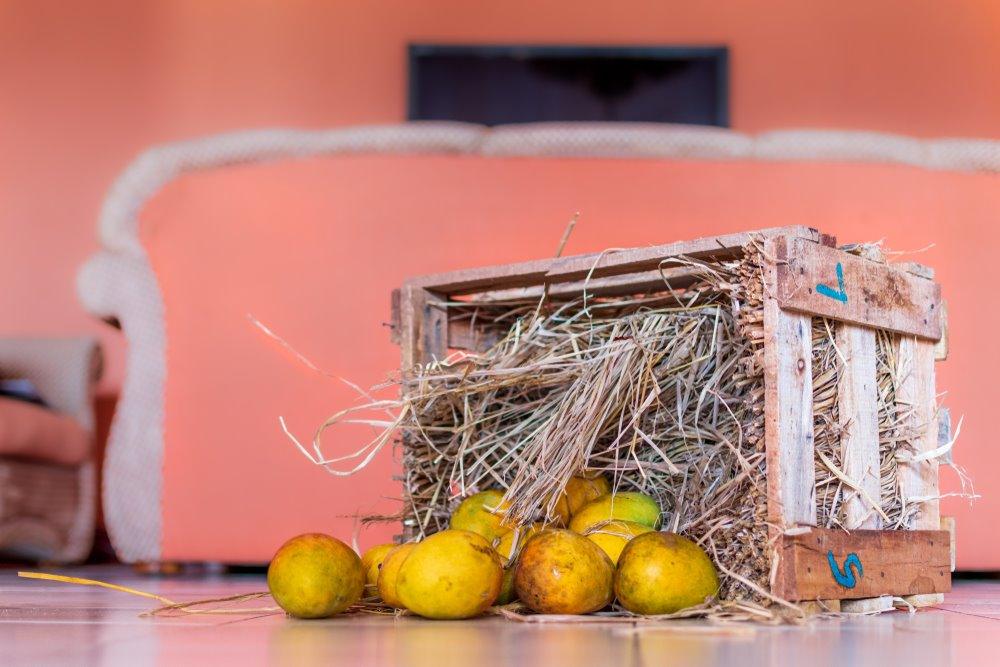
Most households combine rice farming with fruit orchards, ensuring both food security and cash income. Cashew nut processing and mango pulp industries also provide seasonal employment.
🐟 2. Fishing & Marine Occupations
With its 720 km coastline, fishing is another lifeline of Konkan. Families rely on:
- Traditional wooden boats and nets for artisanal fishing.
- Prawns, mackerel, pomfret, and crabs as staple catches.
- Seasonal fish markets that form the backbone of coastal trade.
However, challenges like overfishing, monsoon fishing bans, and rising fuel costs have pushed many fishing families towards diversification or tourism-related jobs.
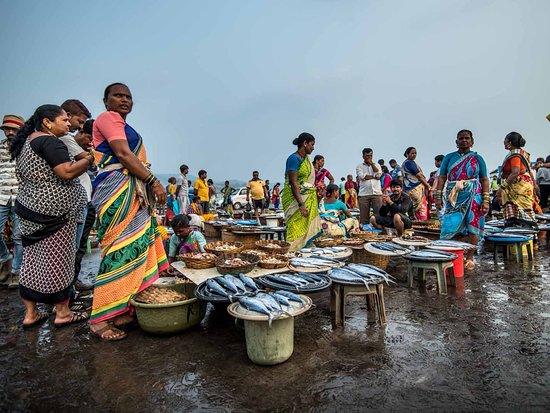
🎋 3. Forestry & Bamboo Cultivation
Bamboo, coconut, and kokum trees support both household needs and income. Recently, bamboo has been called “green gold” in parts of Konkan, helping farmers generate stable earnings without migrating to cities.
Uses of bamboo in Konkan:
- Home construction and roofing.
- Handicrafts and furniture.
- Supplemental farming income.
🏝️ 4. Tourism & Ecotourism
Konkan’s beaches, forts, waterfalls, and temples attract thousands of visitors yearly. Tourism-related occupations include:
- Running homestays and farmstays.
- Guided tours to forts like Sindhudurg and Vijaydurg.
- Food-based businesses featuring authentic Malvani cuisine.
- Handicrafts and cashew/mango product stalls.
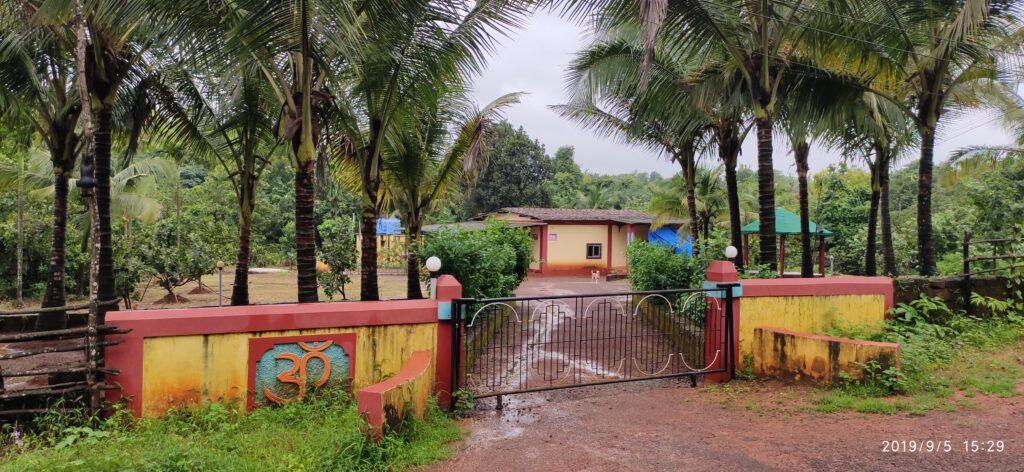
Ecotourism is gaining ground, with families opening their orchards for agro-tourism and offering authentic cultural experiences to travelers.
Daily Life & Lifestyle in Konkan
🍲 Cuisine: Malvani Flavors
Konkan food is simple yet bursting with flavor, heavily influenced by coconut, kokum, and seafood.
Must-try dishes include:
- Fish curry and rice — everyday staples.
- Solkadhi — a pink drink made from kokum and coconut milk.
- Bombil fry (Bombay duck fish).
- Ukadiche Modak during Ganesh festival.
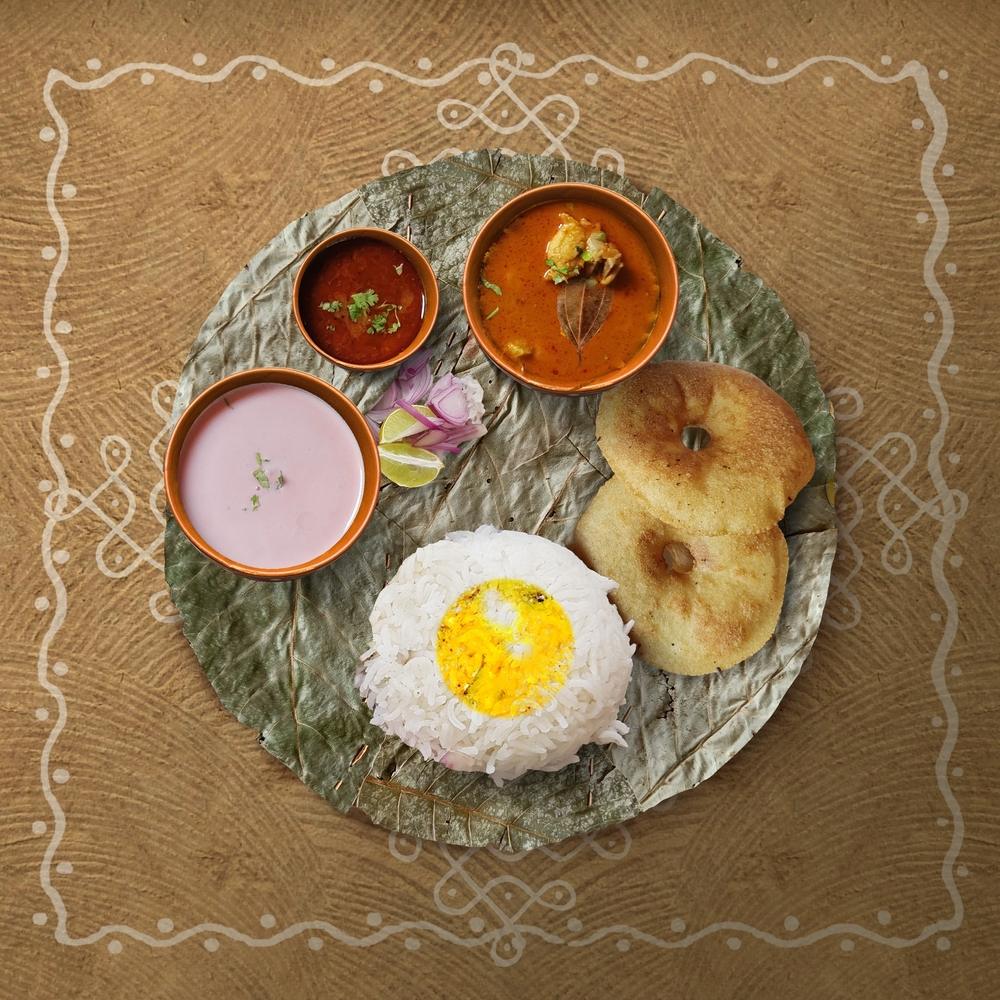
🎉 Festivals & Rituals
Festivals bring villages alive with color and tradition:
- Ganesh Chaturthi — celebrated with grandeur across Konkan.
- Shimga (Konkan Holi) — harvest festival with folk dances.
- Narlipoornima — dedicated to the sea and fishing communities.
These festivals blend religious devotion with communal joy, strengthening bonds in Konkan villages.
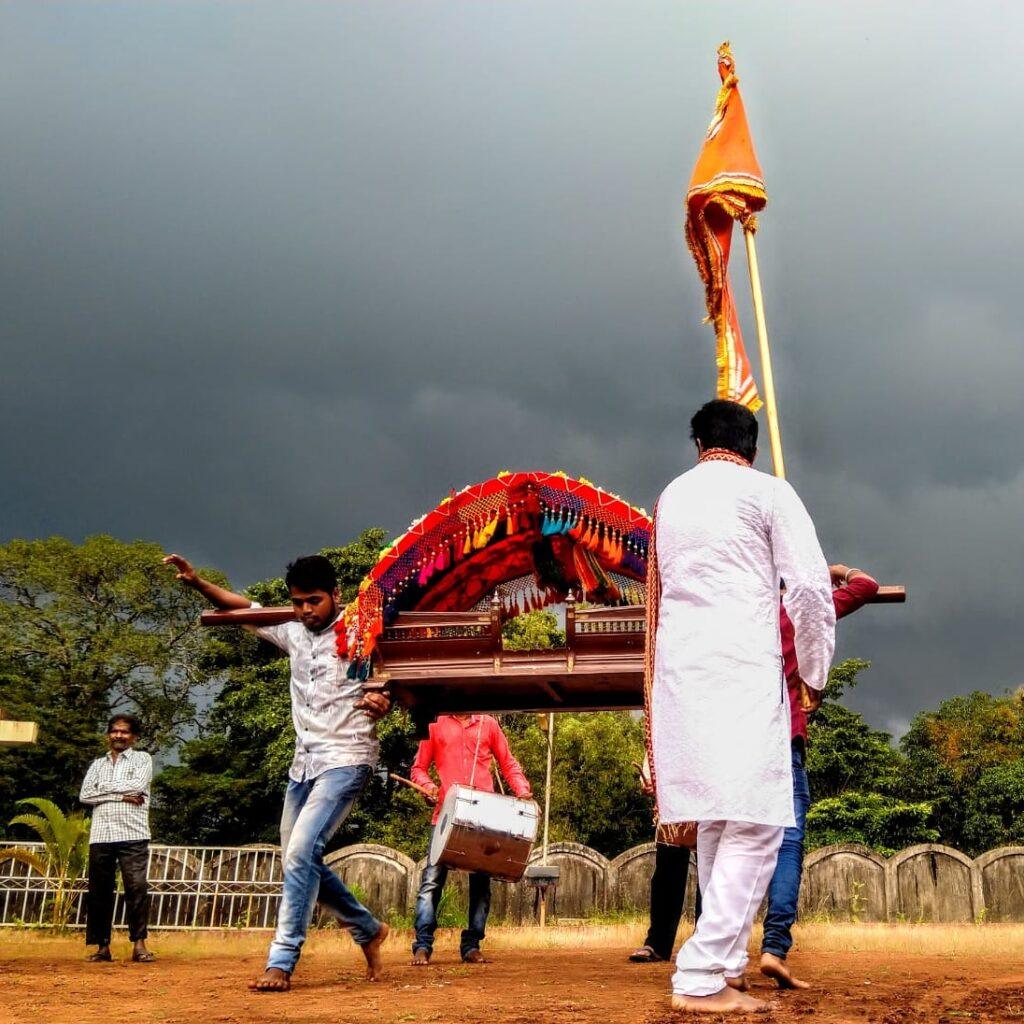
🏡 Homes & Village Life
- Houses are built from laterite stone and clay, with sloping tiled roofs to withstand heavy monsoons.
- Villages often cluster near rivers and creeks.
- Life follows the rhythms of agriculture and fishing seasons.
The Konkan lifestyle is deeply community-oriented, with families supporting each other during harvests, festivals, and fishing bans.
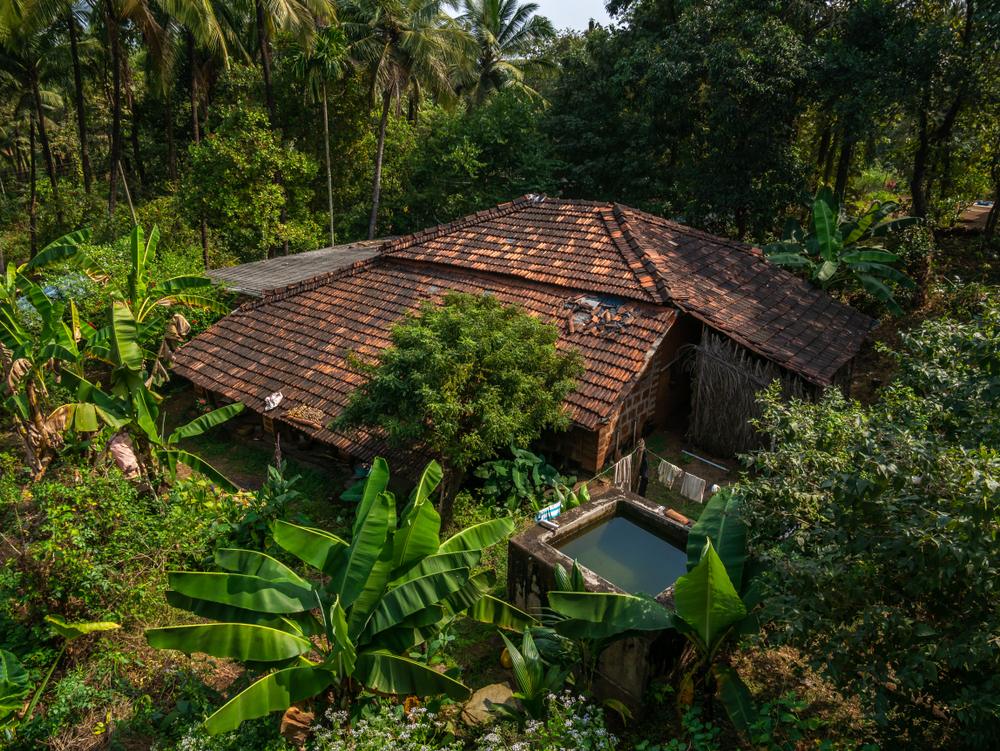
Challenges Facing Konkan Today
- Climate Change
- Erratic monsoons are impacting Alphonso mango yields.
- Rising sea levels threaten coastal settlements.
- Declining Fisheries
- Overfishing and seasonal bans reduce incomes.
- Younger generations migrate to Mumbai or Pune for jobs.
- Urbanisation Pressure
- Infrastructure projects are altering landscapes.
- Youth often leave traditional occupations for service jobs.
Opportunities Ahead
- Agro-tourism & ecotourism — showcasing farms, food, and festivals.
- Value-added products — mango pulp, kokum syrup, cashew-based snacks.
- Cultural branding — Malvani cuisine and Konkan handicrafts for global markets.
With sustainable practices, Konkan can balance tradition with modern livelihood opportunities.
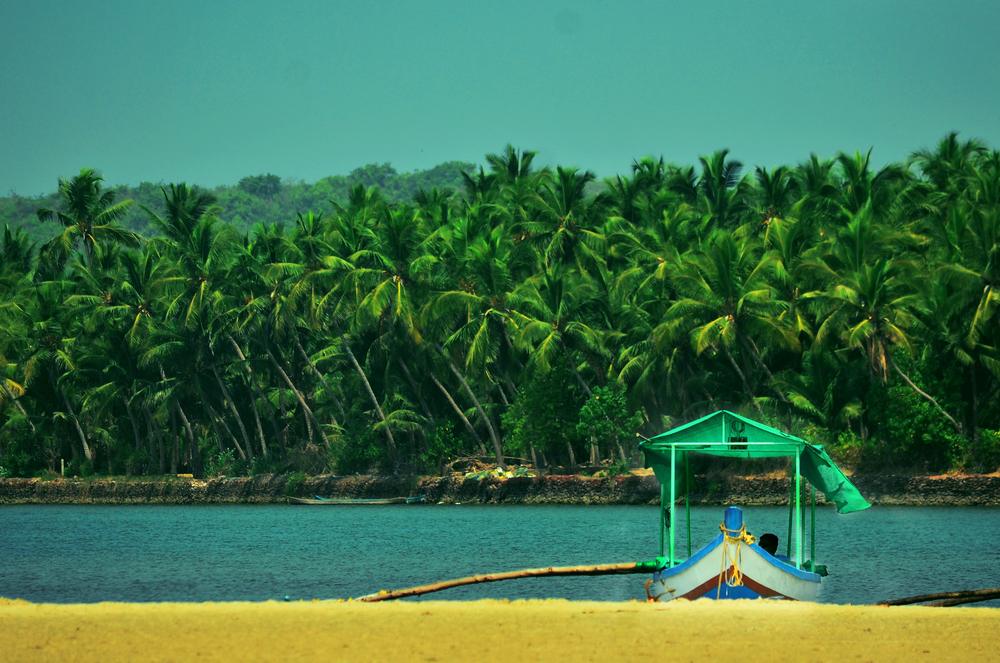
Travel Tips for Visitors to Konkan
- Best time to visit: October to March (post-monsoon, pleasant weather).
- Top destinations: Alibaug, Ratnagiri, Ganpatipule, Malvan, Sindhudurg fort.
- Must-try experiences: stay in a Konkan homestay, taste fresh Alphonso mangoes, join a fishing trip, or attend Ganesh Chaturthi celebrations.
Conclusion: Konkan’s Soulful Balance
The Konkan region of Maharashtra is more than just a travel postcard — it’s a living, breathing culture where people depend on the land, sea, and community for survival and joy. From mango orchards and rice fields to fishing harbors and homestays, the occupations and lifestyle of Konkan’s people offer lessons in resilience, simplicity, and sustainability.
As Konkan balances tradition with modern change, it continues to inspire travelers and locals alike with its harmony between nature, livelihood, and culture.

